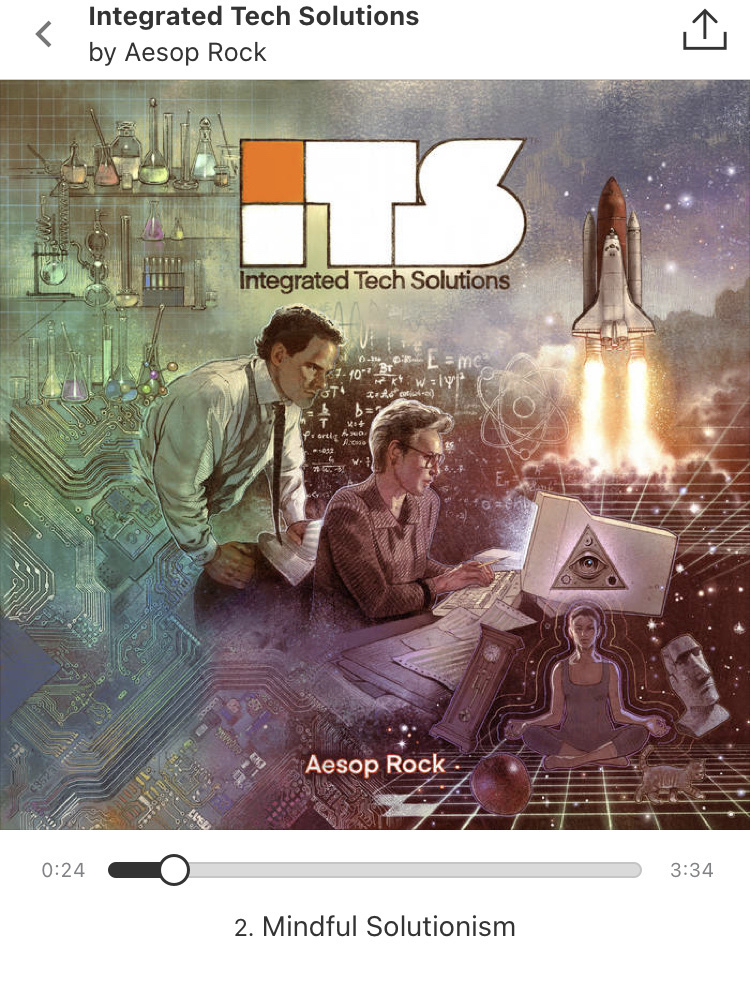Alan Jacobs makes a good response to Freddie deBoer’s assertion that people believe in religions because they offer comfort. (The Freddie post is behind a paywall so I can’t access it.) Jacobs:
I might want to take one step back and ask: Do religions comfort? My experience as a Christian has been more about challenge than comfort, about figuring out how to respond to what I feel to be an unshakable claim on my life.
This is, of course, correct. The idea that religion persists because it’s comforting is the sort of thing that modern atheists say—that I myself have said—but a moment’s reflection shows that is not the case. Jacobs gives good examples in his post. Others could easily be multiplied. “Religion as comfort” seems to be an error that can be traced to our particular time and place, where modern, American, evangelical Christianity dominates the culture.
Jacobs again:
I can’t now remember who said it, but one scholar of religion said that the only thing all religions have in common is that they use candles. That seems right to me.
So “religion” is an intractably fuzzy concept, the many religions of the world do many different things and do them in many different ways, and even within a given religion people may believe and may commit themselves for as astonishing variety of reasons. The whole enterprise, if indeed we can call religion an enterprise, is so fraught with complications that I don’t think there’s anything that can be legitimately said in general about it.
Here’s where I would disagree: it seems to me that religion is universal and persistent because it gives meaning to human life. That is to say, religion is the answer to nihilism. Any religion. Even a death cult gives a reason for living—or, in this case, dying.
It appears that human beings can abide anything except meaninglessness. Even scientific materialist atheists (and I was one for a while) appeal to wonder and discovery as an organizing principle for life. That line of Sagan’s is popular among them for a reason: “we are a way for the Cosmos to know itself.”
I drifted away from atheism precisely because I needed something more life-giving than consuming science documentaries as if they were sacraments. I needed a scaffolding for my life. While I can’t say I have fully erected that scaffolding at this point, the work itself has been meaningful to me.
I could be wrong about meaning-making being the universal characteristic of religion—but it does feel more true than religion as comfort.



